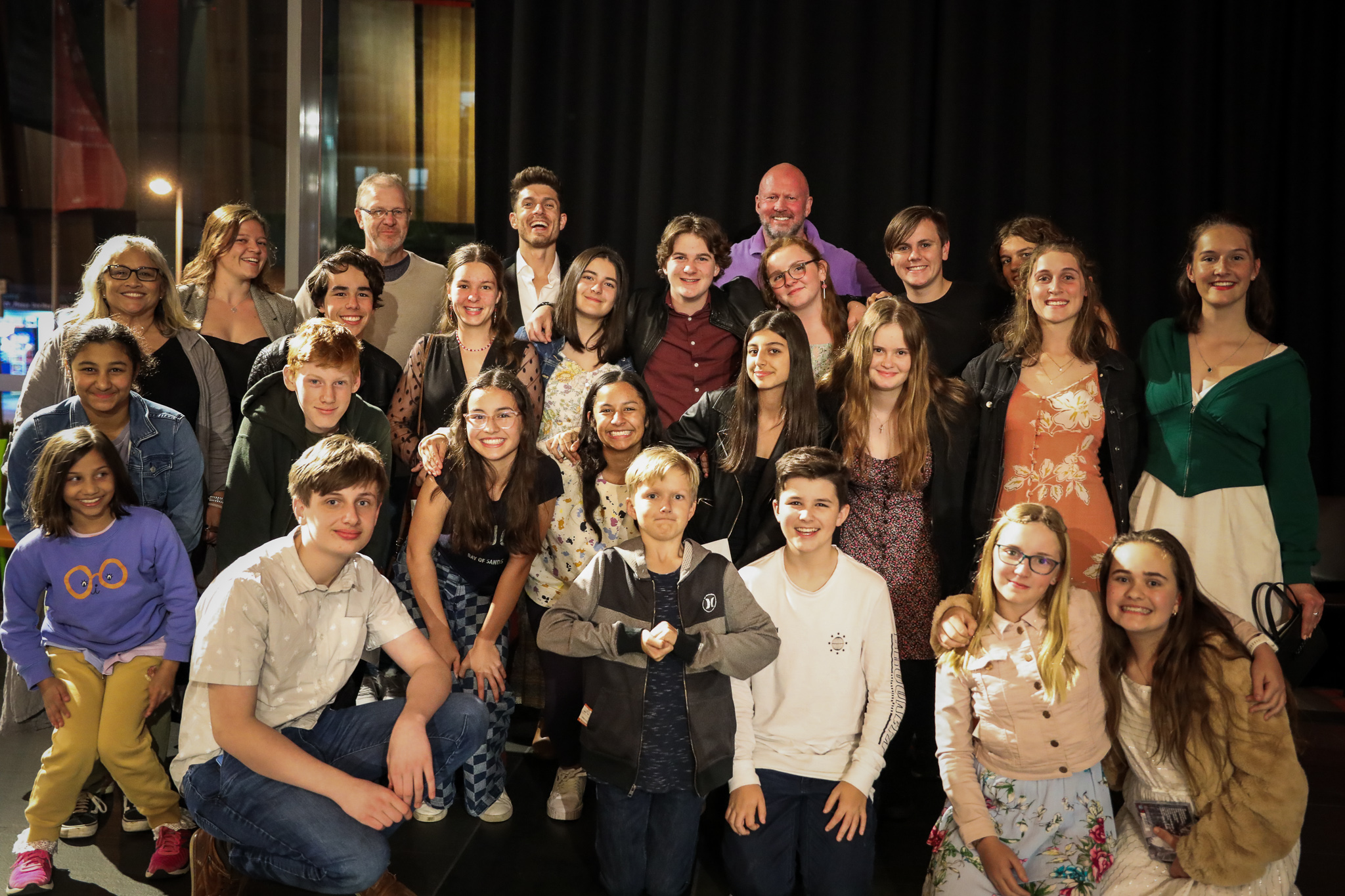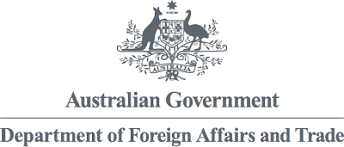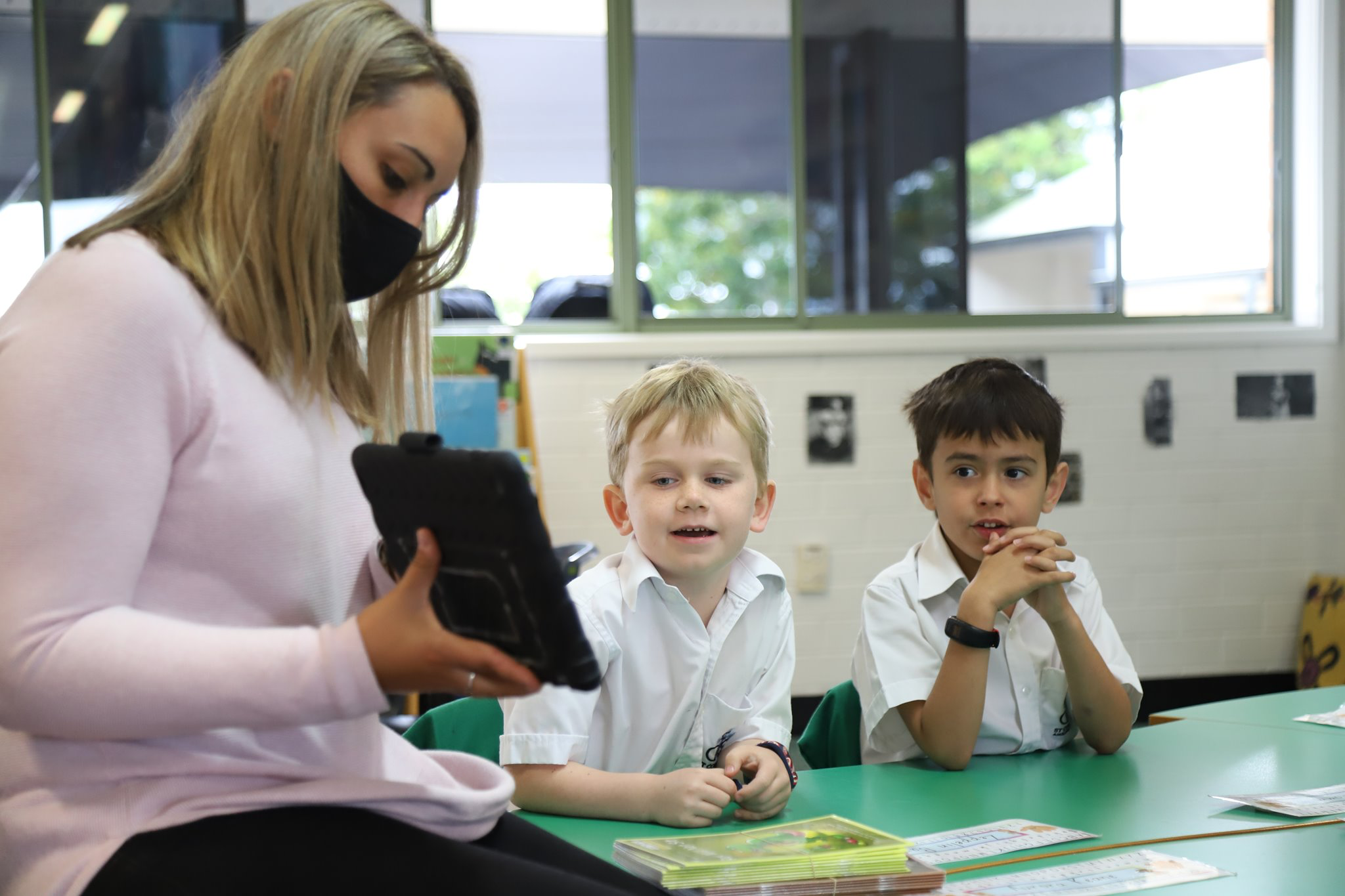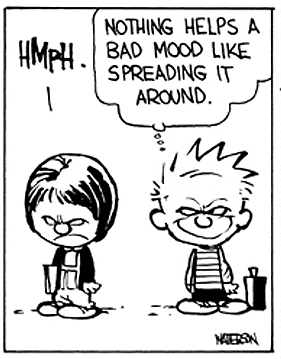
We live in a complex world where paradox often seems to reign supreme. Consider the following two views of the teaching profession.
- “Teaching and teachers can profoundly change and significantly enhance lives. Everyone knows this.”
Some (other) facts about teachers and teaching, Marcia Devlin, CEO of the Victorian Academy of Teaching and Leadership.
- “Acting federal Education Minister Stuart Robert has blamed “dud teachers” for the decline in the academic results of Australian students.”
Education Minister blames ‘dud teachers’ for declining education results, Lisa Visentin, March 2022.
I, for obvious reasons, go with the former: “Teaching is an enormously complex, challenging and difficult endeavour. This is true whether at early childhood, primary or secondary level, in special schools and across government, Catholic and independent sectors.” Marcia Devlin


Perhaps, unlike the minister, I have not had the advantage of being able to peer in the windows of classrooms (state, Catholic and independent) across the state, or been privy to the creation of staffing regimens that have led to students being supervised rather than taught, or walked in the schools that have had multiple leadership changes in a short period of time for a range of social, economic and cultural reasons to form my opinion of the value of our teachers.


Perhaps, unlike some commentators, I have not focussed strongly enough on the mythical 12 weeks holidays and 9.00 to 3.30 teaching hours enjoyed by teachers, so that I understand that, really, teachers “need to stop whinging or get a real job.”



Yes, everybody seems to have an opinion on teachers and teaching, often based on their personal experience of education as a student, a parent or an observer.
Trawling through the literature on educational and teacher standards, I even found a document from the Federal Department of Foreign Affairs and Trade, Office of Development Effectiveness giving an opinion on teacher quality.

“The school context has a direct impact on teachers’ classroom practices and thus impacts on student outcomes. The leadership and governance of schools has a crucial impact on teacher classroom practices. Whether teachers attend school regularly, whether they spend time in school teaching, whether they have access to ongoing school-based professional development, all rely on effective and visionary instructional leadership, management and school governance.”
(Note: I corrected the minor spelling and grammatical errors in the original document that was the source of this quote.)



Do Australian teachers deserve the level of criticism they attract and does this criticism assist in improving students outcomes? Well………
We know constant criticism can fuel depression, anxiety, stress, and loneliness. Not helpful if you want the targets of criticism to improve their performance.
We also know that constructive criticism is empowering – it enables us to increase our knowledge, awareness and understanding, and improve our performance. Helpful!
What might help is when the criticism aimed at teachers as a result of “falling educational outcomes” is fair.
Fair criticism is the kind given in a respectful, constructive and non-threatening way. It includes factual statements, and focuses on actions to be taken, rather than on the person responsible for them.
“Teaching is not a lost art, but the regard for it is a lost tradition.’ Jacques Barzun
Admittedly fair criticism tends not to make news headlines, media grabs or political attention. So, it seems little will change.
“We have one of the world’s most examined, researched and reviewed school systems, but when it comes to taking the evidence and respective recommendations seriously, we find ourselves in the same old debates and confrontations over and again.” Parsi Sahlberg, Gonski Institute.


Want to share your thoughts on this story, or do you have something you’d like to add? Email me at principal@scas.nsw.edu.au

